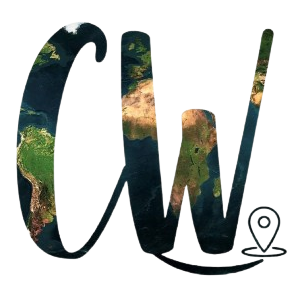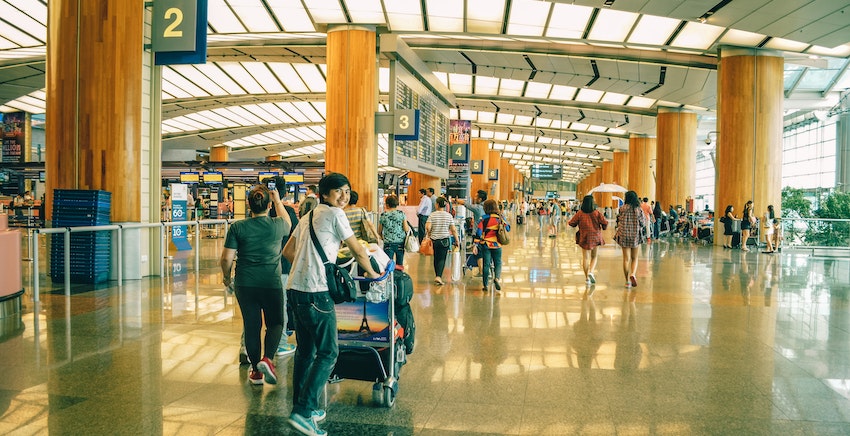
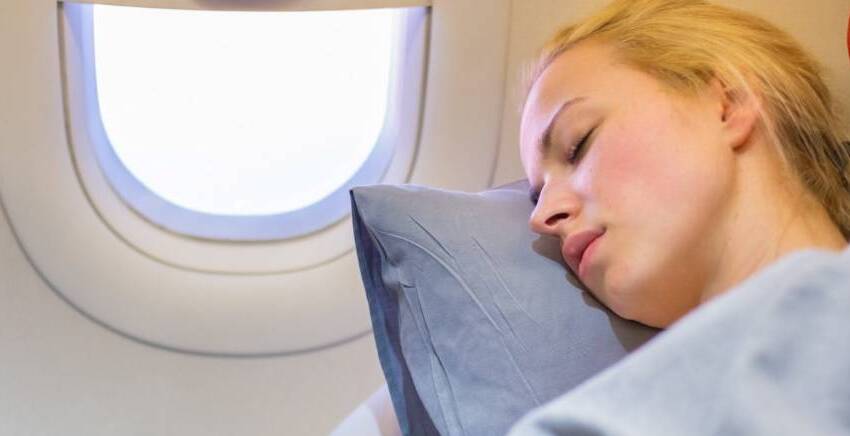
How to Survive a Jet Lag
A significant journey is typically exciting, whether it’s for business, a holiday, or perhaps an athletic competition. Unfortunately, traveling can sometimes cause issues. Jet lag is frequently experienced when lengthy air travel is involved.
Jet lag is frequently linked to international flights, but it can occur on any flight that crosses three or even more time zones to the east or west. Due to the frequent sleep disturbances brought on by jet lag, your body’s internal clock may not be in sync with the day-night cycle where you’re going.
To make the best of your trip, maintaining your sleep schedule and general well-being while traveling can be accomplished by learning how to prevent jet lag and recover from it.
What Is Jet Lag?

When a plane crosses three or more time zones, the circadian rhythm of the body is disrupted, resulting in jet lag. Sleeping difficulties, daytime sleepiness, lowered mental or physical efficiency, general malaise, and digestive problems are common symptoms.
From a few days to a couple of weeks, jet lag might last. It typically gets worse when moving east and when more time zones are spanned. Jet lag doesn’t affect everyone. The severity and length of jet lag can vary depending on the itinerary of the trip and individual factors.
How Can Jet Lag Be Most Reduced or Overcome?
Getting your body’s circadian cycle in sync with the dawn and sunset times at your destination is the key to beating jet lag. Additionally, a variety of actions can be taken to lessen the effects of jet lag.
Circadian Rhythm Realignment
Getting your body’s 24-hour internal clock in sync only with the 24-hour whole day your destination is key to beating jet lag. Nevertheless, the most effective method to accomplish this differs, based on elements unique to your trip:
- Whether you’re moving west or east (moving eastward is linked to a higher risk of jet lag).
- Time zones that were crossed. Jetlag is more likely to occur when traveling through more than three time zones.
- Time spent traveling overall, including breaks
- Time of flight arrival
- Duration of your journey (including subsequent flights)
- Your typical sleeping pattern
- Your itinerary for the trip, along with any scheduled commitments
Due to these factors, there is no cure for jet lag. Instead, a strategy that incorporates melatonin and light exposure is often needed to quickly recover from jet lag. Both have significant effects on the circadian rhythm and therefore can help you reset your body clock.
Proper Timings
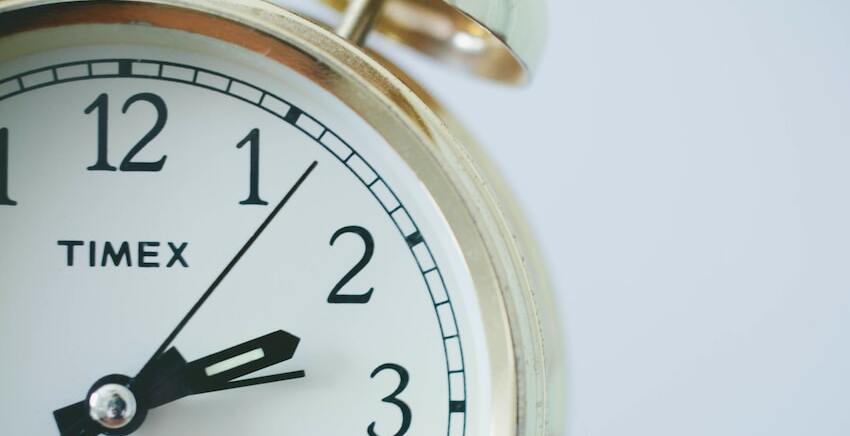
The secret to modifying your circadian cycle is proper timing. Consuming melatonin and being exposed to light at the wrong times of day might further throw off your circadian rhythm and make jet lag worse.
Even if you have a solid strategy, jet lag symptoms nevertheless could occur. Every person responds to a sudden time zone change differently, but striving to realign your circadian rhythm will lessen the likelihood that your vacation will be badly impacted by jet lag.
Light Exposure

The biggest factor affecting circadian rhythm is light, particularly natural light. Even on gloomy days, sunlight provides a crucial signal to the brain that it interprets to control our internal clock. The process of adjusting to the new time zone is sped up by exposure to natural light reaching your destination, although you might not want to head outside right away. It may be preferable to avoid light the moment you arrive and then have extensive light exposure later the next day, depending on how far you’ve traveled and what time you arrived.
Circadian rhythm is also impacted by artificial light from electronics. Try to avoid artificial light all through designated times of darkness and sleep because of this. When exposure to natural light isn’t an option, a lightbox—a powerful lamp used for light therapy—can offer higher illumination and a stronger circadian effect.
Melatonin
The body produces the hormone melatonin naturally. Within hours before your regular bedtime at night, melatonin production often begins. Melatonin assists in the initiation of sleep and controls your circadian cycle. Jet lag can interfere with your circadian clock, which can affect the timing of melatonin production. Studies have shown that consuming melatonin supplements can help with sleep. When you view Source, it can assist your internal clock to become more accurate.
Melatonin is offered as a non-prescription, over-the-counter nutritional supplement. Several medicines on prescription also increase melatonin levels. The majority of people may take melatonin without experiencing any serious adverse effects, however, in a small percentage of cases, it may induce drowsiness or stomach issues or interact negatively with other medications. It’s best to consult your physician before using melatonin, as with any medication or dietary supplement.
Changes to Your Sleep Routine Before Your Trip
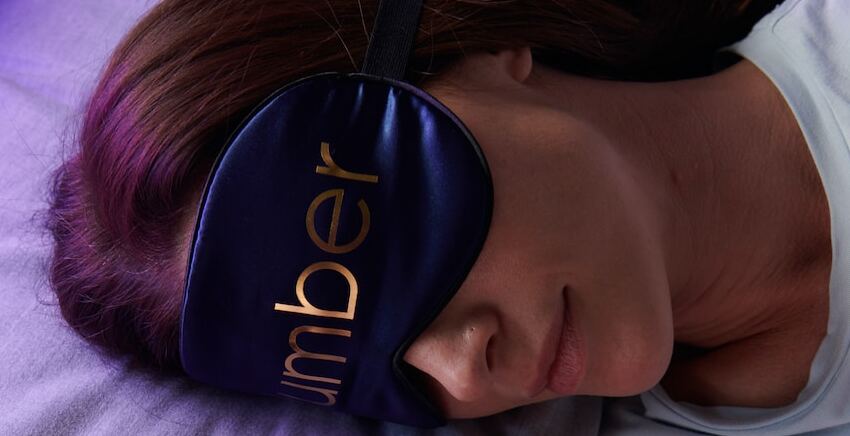
For many travelers, taking precautions to avoid jet lag is the best way to recover from it. You can accomplish this in the days before the journey by gradually changing your circadian cycle. When you get there, you’ll be more accustomed to the local time zone.
Your circadian rhythm can be changed with a new sleep schedule, controlled light exposure, and melatonin supplementation. These adjustments call for careful planning and could present practical difficulties for many tourists. The effort might be worthwhile for individuals who value optimum physical and mental performance following travel, including athletes and business executives.
Reducing the effects of jet lag

You can take actionable efforts to lessen symptoms even though you can’t entirely recover from jet lag unless your circadian rhythm adjusts towards the new time zone. Many of these suggestions also help prevent travel tiredness, dehydration, and exhaustion that really can happen on lengthy journeys.
Obtain quality rest before your trip
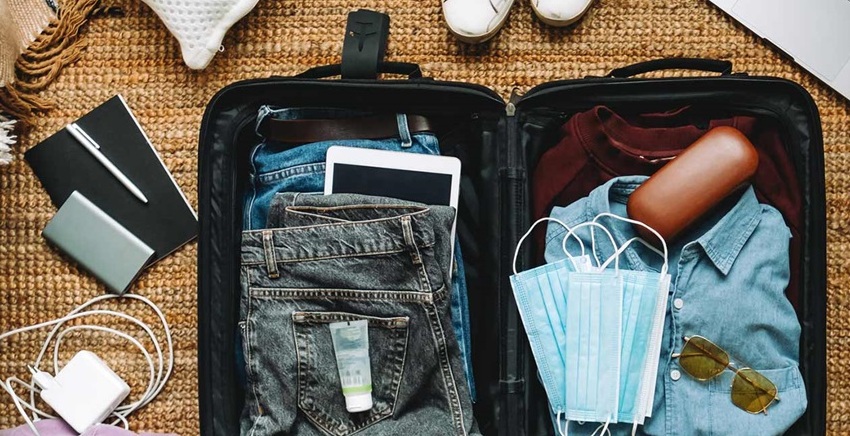
Attempt to begin by getting lots of uninterrupted extra sleep the evenings before your flight.
Carry a few useful items:
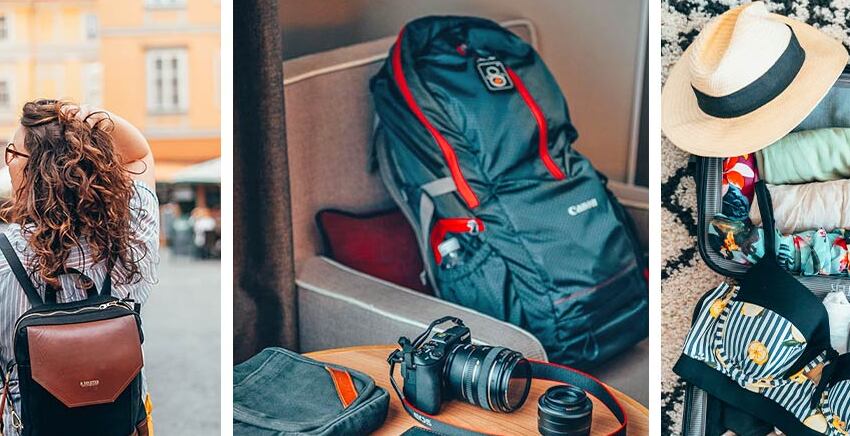
Items that can lessen disturbances when sleeping in a new environment include a sleep mask, earplugs, and cozy sleepwear.
Reduce unneeded stress:

Anxiety can make it difficult to get a good night’s sleep and make jet lag symptoms worse.
Don't overbook your initial days:

Be prepared for some jet lag symptoms and refrain from scheduling too much during your first few days at your location. Spend enough time sleeping, and leave room in your schedule for contingencies like illness.
Limit alcohol consumption:

Because it impairs your sleep in general. Thus it’s advisable to avoid or restrict drinking during takeoff and landing.
Don't overuse the caffeine:

Caffeine can temporarily increase alertness, but use it sparingly. Caffeine overuse can cause jitteriness and may stay in your system for some time, making it hard to get to sleep.
Keep hydrated:
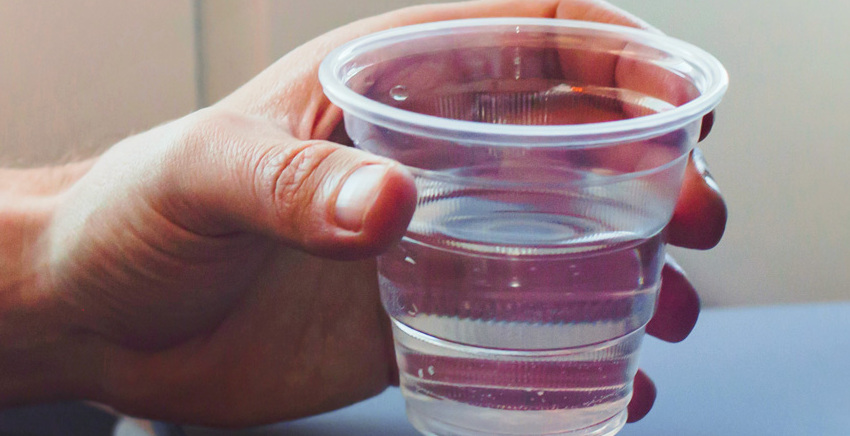
Drinking water before, throughout, and after the flight. Aircraft cabins can cause dehydration.
Eat well:

To avoid gastrointestinal troubles, choose lighter meals that are primarily composed of fruits and vegetables to avoid jet lag and prolonged airline travel.
Stretch out a couple of times:

while you’re in the air to avoid muscular tightness and lower your risk of blood clots.
Exercise:
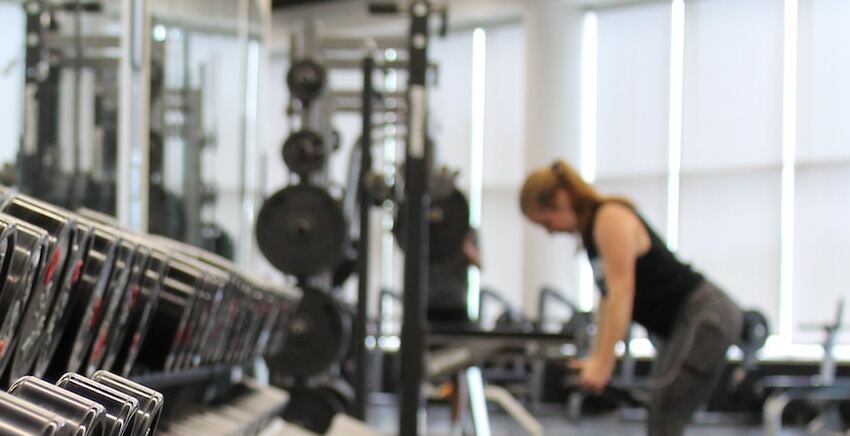
Make time to engage in physical activity while traveling because exercise is good for the body and the mind. Although the evidence is conflicting, an exercise that is done at the right time may also assist your circadian rhythm.
Can Sleeping Aids Reduce Jet Lag?
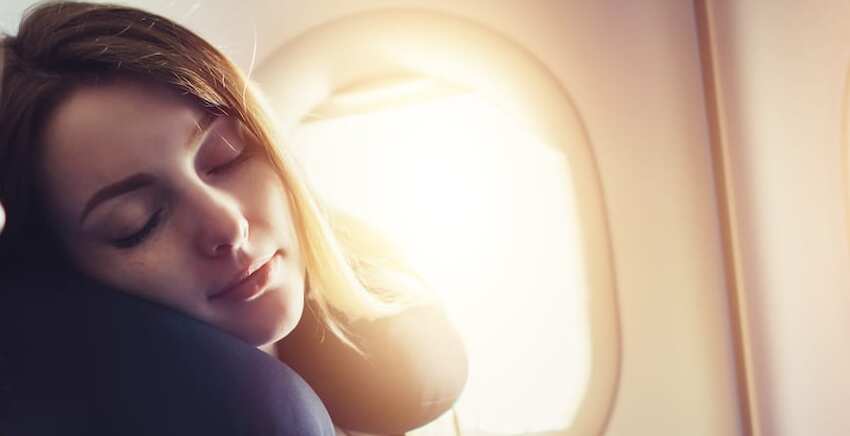
A little nap could help you beat your excessive daily tiredness brought on by jet lag, but it’s crucial to use caution when taking them. Your sleep routine may be further disrupted if you nap for an excessively long time or too late in the day. Aim to nap for at least eight hours before your scheduled bedtime and for no longer than 30 minutes.
